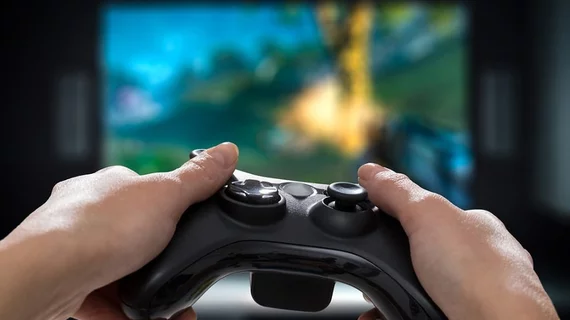Video game brain: MRI shows similar results for gaming, drug addicts
Young video game addicts may have more than just a pair of strong thumbs, as new MRI research suggests excessively playing video games can have the same effect on children's brains as drug abuse or alcoholism, according to a recent article published by The Telegraph.
Researchers from California State University showed through MRI scans that the impulsive/reward system of the brain, the amygdala-striatal system, was more sensitive and smaller in excessive users to be able to process the stimuli of the games faster.
"The question is if you sensitize their reward system at a young age with video games and social media, does it increase their risk to become addicted to drugs or drink later in life?" lead author Ofir Turel, PhD, told The Telegraph. According to his research, the answer is yes.
The findings came shortly after a 9-year old in the U.K. was reportedly admitted to rehab after playing the internationally renowned combat video game Fortnite for 10 hours straight every day and refusing to go outside or go to the bathroom, according to the article.
As of today, in its latest revision to a disease classification manual, the United Nation's World Health Organization also declared that video game addiction will now be classified as a mental disorder.
Read The Telegraph's original article below:

